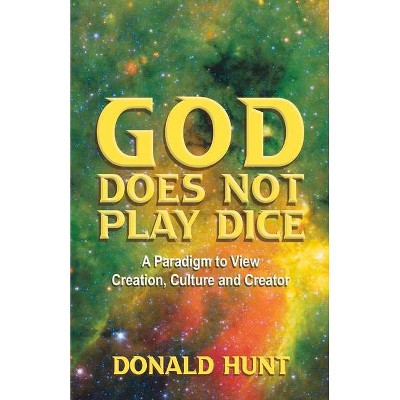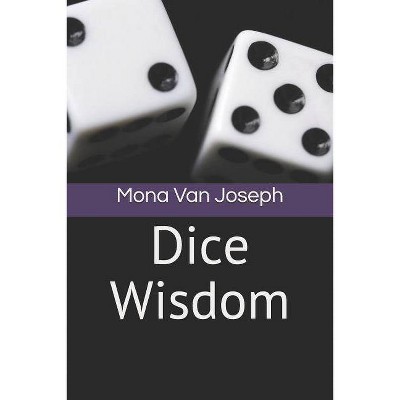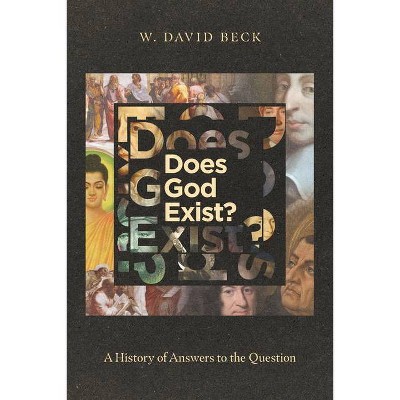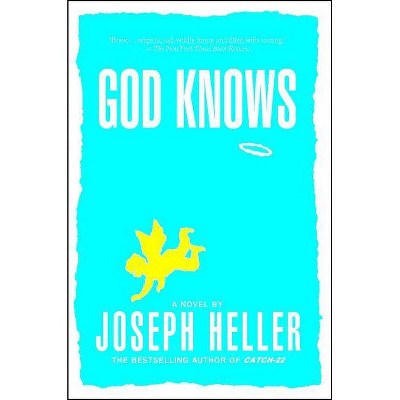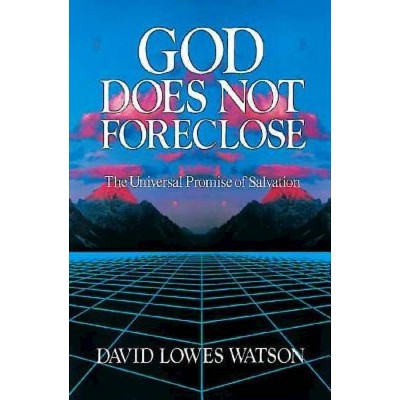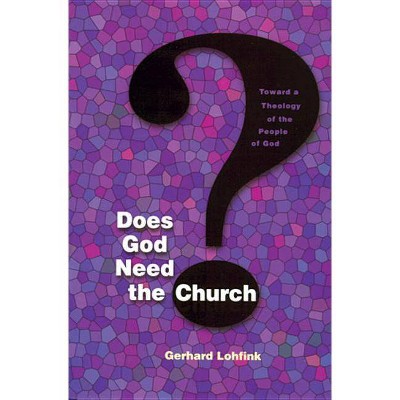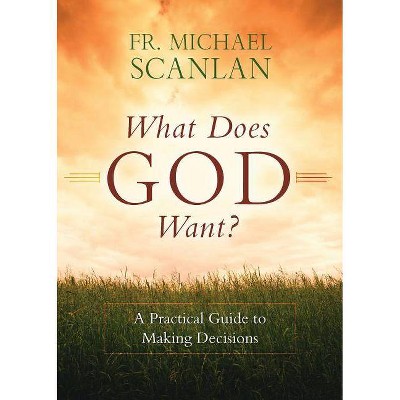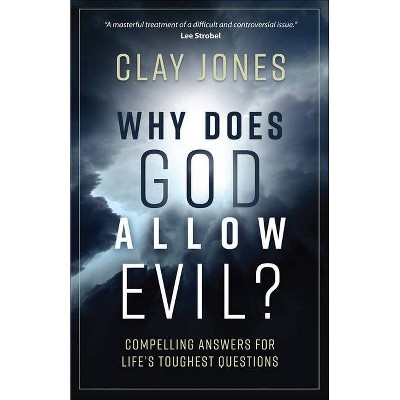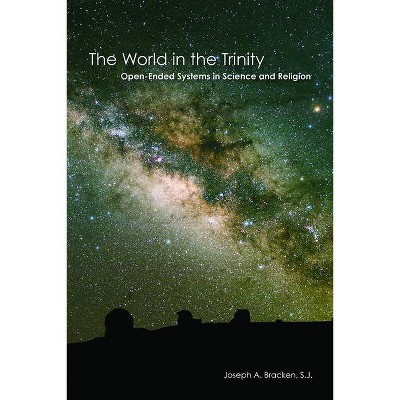Does God Roll Dice? - by Joseph Bracken (Paperback)
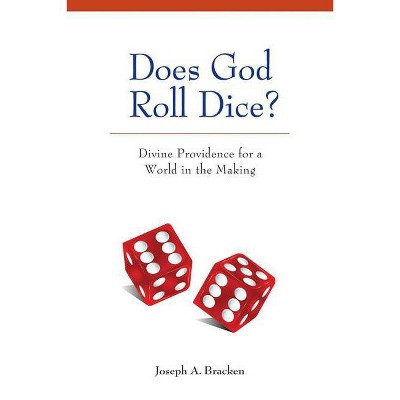
Similar Products
Products of same category from the store
AllProduct info
<p/><br></br><p><b> About the Book </b></p></br></br>In Does God Roll Dice? noted Jesuit scholar Joseph Bracken builds on his previous work in an attempt to provide an adequate metaphysical structure with which to understand the God-world relationship. The compatibility between faith and science depends, Bracken has argued, on an adequate metaphysical conception of reality. In this new book, he makes clear how a good understanding of the relationship between the One (as a transcendent reality that serves as a necessary principle of order and intelligibility) and the Many (as the concrete differences between people and things at any given moment) makes a significant difference in dealing with controversial issues in the field of theology and science, thereby easing tensions where they need not exist.<p/><br></br><p><b> Book Synopsis </b></p></br></br>Albert Einstein is often quoted as saying that "God does not play dice," claiming an orderly and predictable structure to the universe. Today, advances and presumptions in the field of quantum mechanics pose a serious challenge to such a position. It's a challenge not only for nuclear physicists, but also for Christian theologians who work to explain God's providence for the world. <p/> In <i>Does God Roll Dice? </i>noted Jesuit scholar Joseph Bracken claims that something like "directed chance" (Teilhard de Chardin) is God's normal mode of operation in a world always perilously poised between order and chaos. Bracken adopts the relatively new concept of self-organizing or self-correcting systems out of the natural and social sciences to deal with controversial issues in the ongoing religion and science debate. At the same time he deliberately keeps the language and context of the book suitable for the intelligent non-professional reader.<p/><br></br><p><b> Review Quotes </b></p></br></br><br>Weaving together the wisdom of Whitehead, issues in ancient philosophy and contemporary science, and his commitment to Christian theology, Joseph Bracken offers compelling arguments that affirm God works providentially in the world. Bracken finely tunes and ardently articulates his model of a Triune God who empowers creatures in a world of freedom and chance. Of his many books, I find this one most lucid, as Bracken takes his well percolated insights and applies them to concrete issues in theology, philosophy, and science.Thomas Jay Oord<br> Professor of Theology and Philosophy<br> Northwest Nazarene University, Nampa, Idaho<br> Author of Defining Love: A Philosophical, Scientific and Theological Engagement<br><br>Bracken's book will appeal to thoughtful Christians convinced of the need for a radical transformation of theological discourse in a post-mechanistic era. This intellectually challenging work sums up the author's many years of rethinking Christian faith within the framework of Alfred North Whitehead's philosophy.John F. Haught, PhD<br> Woodstock Theological Center<br> Georgetown University<br><br>This is a bold and innovative attempt to re-frame Catholic theology in process terms. It leads to tolerant, humane and inclusive interpretations of many Christian doctrines, and Bracken mentions many scientific findings that give support to process insights. In my opinion, it is well worth studying as an alternative approach to classical theism and neo-Thomism.Keith Ward, Modern Believing<br><br>This is an erudite book by one of the leading Catholic philosophers of our time. Bracken shows that if God plays dice, God does not play alone.Ilia Delio, OSF, Woodstock Theological Center, Georgetown University<br>
Price History
Price Archive shows prices from various stores, lets you see history and find the cheapest. There is no actual sale on the website. For all support, inquiry and suggestion messages communication@pricearchive.us
